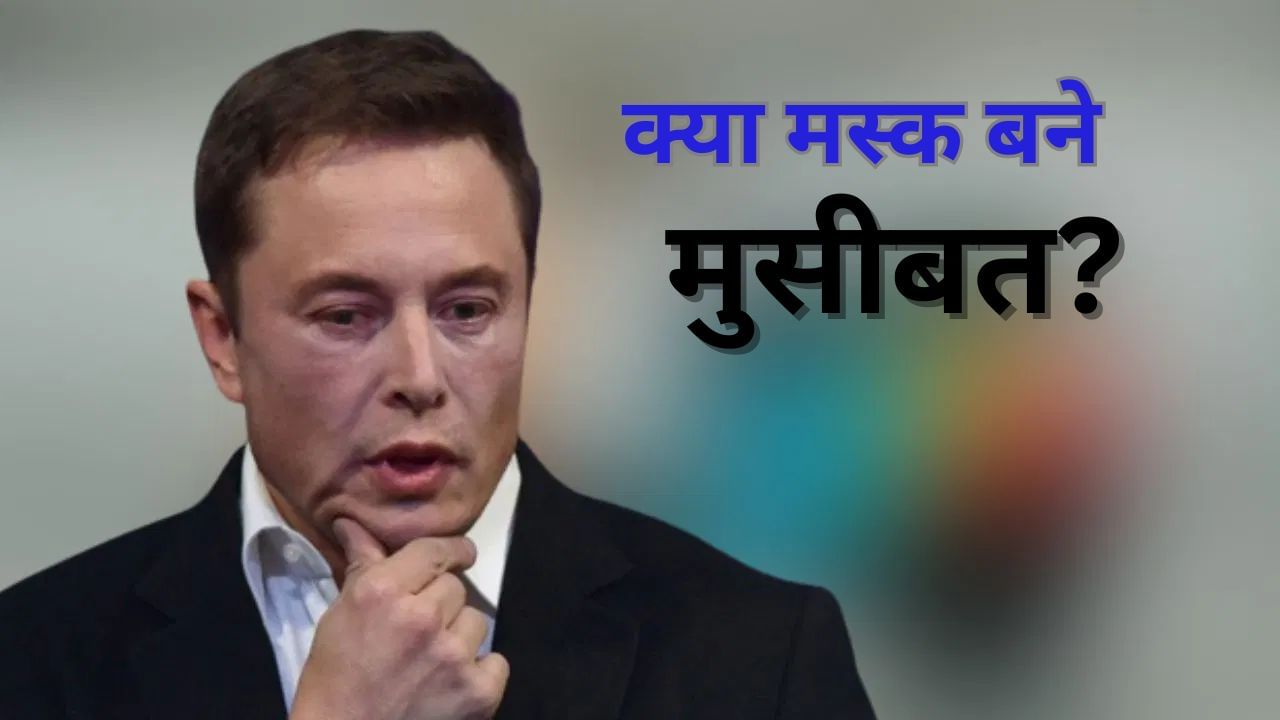
Elon Musk, the world’s richest businessman, is experiencing a meteoric rise in both influence and wealth, but this rapid ascent is also attracting criticism and backlash from various global leaders. His significant role in influencing the U.S. elections, particularly in supporting Donald Trump, has put him in the spotlight. As he gains prominence in the Trump administration, leaders from countries around the world voice concerns that Musk’s actions could meddle with their domestic affairs, showcasing the dual nature of his growing power.
Global Leaders Criticize Musk’s Influence
Elon Musk faces rising scrutiny from international leaders regarding his perceived interference in their political affairs. For instance, British Prime Minister Keir Starmer warned that Musk has crossed boundaries with his influence. French President Emmanuel Macron accused Musk of promoting international reactionary movements and interfering in elections. Even Norway’s Prime Minister Jonas Gahr Støre expressed concern over a powerful individual directly engaging in other countries’ matters. This growing unease reflects the potential risks Musk poses to the political stability of several nations.
What is Elon Musk’s Strategy?
The question arises—what strategy drives Musk’s attempts to influence foreign politics? Is he merely implementing Trump’s policies abroad, or is he seeking to establish a foothold for advantageous business opportunities in those regions? Musk appears to be pursuing both objectives. He aligns with political parties supportive of immigration policies and free trade agreements similar to those of Trump, thus aiming to consolidate power in the global economy. Concurrently, Musk seeks to expand his Starlink venture, positioning his companies favorably in various countries through alliances with local political factions.
Dominance in Artificial Intelligence
Meanwhile, Musk is actively engaged in a rivalry over artificial intelligence (AI) supremacy, competing against major corporations within the U.S. He is promoting his AI company, xAI, with aspirations of establishing a significant global presence. Using political systems, Musk plans to introduce his technologies in Europe, Asia, Africa, and South Asia, striving to expand his influence while tackling competition from Google, Microsoft, OpenAI, and Meta.
Promotion of Cryptocurrency
Both Musk and Trump are supporters of cryptocurrencies, emphasizing the need for the U.S. to become a leading center for digital currencies. However, the acceptance of cryptocurrencies remains controversial in many nations. With Trump’s potential policy changes following his presidential inauguration, both Musk and Trump may apply pressure on other countries to shift their stances on cryptocurrency. This dynamic plays a crucial role in Musk’s interventions in foreign political systems related to cryptocurrency regulation.
Musk’s Wealth Surges by 21,750%
Since Trump’s electoral victory, Musk’s wealth has soared, experiencing an unprecedented increase exceeding $200 billion by 2024. According to Bloomberg, Musk’s net worth jumped from $2 billion in 2013 to an astonishing $437 billion today, marking a staggering rise of 21,750% over the past decade. Notably, during early 2013, Bill Gates was the richest person in the world; Gates now stands at eighth place in the global ranking, with a net worth of $159 billion.
| Year | Elon Musk’s Net Worth | Change (%) |
|---|---|---|
| 2013 | $2 Billion | N/A |
| 2024 | $437 Billion | 21,750% |
As Musk continues to amass wealth and influence, his growing involvement in international politics could have far-reaching implications for the economies and political landscapes of countries worldwide.
